Roll For Insight: The Benefits Of Bleed
June 21, 2019 by dracs
When it comes to role-playing, especially LARPs, one term you will often hear brought up is "Bleed". It’s a word with a lot of myth and fear built up around it, not helped by the fact that it sounds like what happens when someone brings a knife to a boffer sword fight. But what exactly is Bleed? Is it truly something to be afraid of?
In this Roll For Insight, I'm hoping to uncover the mystery surrounding Bleed and how it can in fact be something that not only enhances our games but can potentially help us in our daily lives.
What Is Bleed?
When answering the question of what Bleed is, I think it's better to kick off with what it isn't: it is not forgetting who you are. Your character might be a cool wizard lord, but deep down inside you will always know you’re an accountant from Surrey named Agnes. You will not, over the course of a game, lose track of Agnes. Agnes' emotions and responses might influence the reactions of Xanthar the Green, and later you might find the way Xanthar would have dealt with something influencing Agnes, but you are still Agnes and Xanthar is still fictional. If you play a Vampire: The Masquerade game you will not end up going full Nick Cage.
Someone playing an RPG, or even a LARP, is no less likely to lose track of reality than someone playing a video game is. Such misconceptions are the same as those which led to attitudes like those we saw during the Satanic Panic and are no less bovine faecal matter than they were then.
So, if it is not going completely Mazes and Monsters what is Bleed? There are many different types of Bleed, but what it essentially boils down to is when your emotional responses, experiences, and relationships cross over to your character, or your character’s cross over to yourself.
In her essay Bleed: The Spillover Between Player and Character for Nordic LARP, Sarah Lynne Bowman describes the space in which the game takes place as a "magic circle", wherein the rules and identities of the game are observed.
Bleed occurs when our attitudes carry over from one space to the other. A good example of this might be a pair of friends who, despite playing characters completely unconnected from one another, nevertheless feel that friendship still informing their character identity.
Some players deliberately seek games for the Bleed experience, deliberately choosing character personas that are close to their real world identity. Others try to distance themselves from that experience as much as possible, playing characters and relationships completely unconnected with who they might outside the "Magic Circle" to increase the distinction.
Whatever form it takes, Bleed can be an integral part of the role-play experience, and even gaming as a whole. Bleed can be an intense experience, especially in LARP where the player is more immersed in the experience. It is neither an inherently good experience, nor is it an inherently bad one, but it is something that can be utilised to achieve a desired effect within a game.
It's Bleedin' Good
There are various ways in which Bleed can be utilised both to the benefit of the game and that of the player. Let's start by looking at its effect on a game.
Many games actually rely upon Bleed in order to be effective. This is especially true of those which seek to create an emotional response. As I talked about in my previous piece on horror games, it can be difficult to get over that feeling of being divorced from the events being played out on the table. To overcome this, many games seek to try and establish a greater sense of Bleed.
Bleed is instrumental for horror role-playing: It is often harder to scare the player through the character than the other way around. An overt secluded dice roll against a player's perception stat is likely to make the character more catious [sic]. - jeepform
In this way, we are drawn in further to the Magic Circle. We feel the threat for ourselves, not just as something that is going to happen to our character. The game becomes more immediate, more tense, thereby becoming a more rewarding game.
It's not just role-play that utilises Bleed. Many board games depend upon us bringing our outside knowledge and attitudes into the Magic Circle in order to achieve their desired effect.
One rather extreme example of this was the board game / performance art piece Train. Some of you may have heard Ryan talk about this on the XLBS in the past. The game involved players competing to place people into trains and send them off to an unspecified location. This location was then revealed to be the Auschwitz Concentration Camp.
Players experienced the game in both its abstract and contextualised form, in a manner that blogger Casey O'Donnell described as seeking to actively deconstruct the Magic Circle.
I think these games [Train and Siochan Leat] also implicitly demand that we recognize the non-existence of a “magic circle.” Each of these games draws the “external” and the “social” into the gamespace whether we like it or not. Each violates it because we all continually play in context(s). - Shambling, Rambling Babbling, Casey O'Donnell
As I said, Train is a rather extreme example of bringing a player's outside knowledge and attitudes into the game, but it is demonstrative of how this can be used to establish the response the game is going for.
Aside from the ways Bleed can enhance a game, it can also provide a lot of opportunities for a player to grow as a result of their gaming experience. Let me give you a personal example from my time at the College of Wizardry LARP last year.
I have said many times before, I am a coward. My imagination has a real tendency to get in the way of things and make them ten times worse than they truly are. Before the LARP, a bunch of us players met up in Berlin and decided to go to an escape room. The escape room in question had a horror theme. I was all up for it, but as the time came to step into the room I found myself paralysed. I didn't know what was in there. The room was dark. The door would be locked. If I needed to get out, it would cancel the game for all the others. I stood there, absolutely terrified, for about five minutes and was only able to go in when the organiser agreed to leave the door open a crack so I could leave if I needed to without ruining it for the others.
Fast forward to later that same week. I had now taken on the character of Immanuel "Fletch" Fletcher. Fletch wasn't scared of anything. This wasn't because the character was brave, more because he was too curious and distracted to realise when anything was actually dangerous. There came a time when we had to venture into the castle dungeons at midnight in pursuit of monsters. It was pitch black, deep underground, filled with things that actively wanted to scare us. I charged right in without a second thought. Now, when I find myself with a frightening situation, I cast my mind back to that and try to recapture something of that moment.
In her book The Functions of Role-Playing Games, Bowman states:
The enactment of personas changes the role-players understanding of themselves and the world around them. Role-playing characters sometimes live on in the minds of the players long after the game has ended and players can utilize these experiences and personas in 'real world' situation. - The Functions of Role-Playing Games, Sarah Lynne Bowman, p5
This is an effect, the learning of skills and attitudes within the context of a game and the transfer of those beyond the Magic Circle, is something Bowman elsewhere categorises as Ego Bleed.
It is this part of Bleed that has made role-play such an effective tool for therapy, a subject which I discussed in a previous Roll For Insight. In that article, I pointed out two particular instances where Bleed had led to therapeutic benefits.
Wayne D. Blackmon, in his 1994 case report in the American Journal of Psychotherapy, told of one subject "Fred" who joined a number of games of Dungeons & Dragons. These games allowed him a safe space in which to experience emotions he might otherwise have been threatened by. In therapy sessions, these experiences were then related back to times where Fred might have experienced them in real life. In this we again see a deliberate blurring of the lines of the Magic Circle, but in this case it was to draw real-world parallels with in-game experiences, thus allowing Fred a greater understanding of these emotions and his responses to them.
There are also occasions where a player might bring their real-world problems into a game in order to gain understanding of them and to exorcise them emotionally. Another case I referred to in the previous Roll For Insight was that related by Jack Berkenstock to Kotaku:
“We started to see kids who had issues from their families bringing that into the game. It’s called ‘bleed’: how much does your personal identity impact the character you’re playing? And how much does your character impact you as a player?”
Role-play provides that safe space for players, allowing them to tackle challenges that might otherwise be beyond them, or to experiment with new identities, or experience catharsis for certain problems they might face. Role-play can be a transformative experience, with cases like Cheyenne Rain of LARP House having dealt with their death anxiety through it, or game designer Eddy Webb relating on an episode of the Onyx Pathcast how he has known people who gained the courage to come out as a result of playing through that step in a role-play context.
When It's Too Bleedin' Much
Of course, there is a dark side to Bleed. Again, this is something that often comes up in the context of LARP where a player might find themselves more open to emotional influence, either due to long-term investment in a character or sleep deprivation leading to them becoming more susceptible (this certainly happened in my case).
In the same episode of the Onyx Pathcast, games developer Dixie Cochrane explains how, due to her anxiety, she focuses on the acting side of the role-play experience, not wanting to become so wrapped up in an event that she (the player) starts feeling bad.
This desire to keep things separate is not uncommon and is one reason why so many LARPs and RPGs put such a strong emphasis upon player consent for what they will come across in a game. I have had plenty of friends who have been taking part in a role-play only for it to go in a direction that makes them incredibly uncomfortable, either due to the content itself or because the GM had added something that brought back unwanted memories of a real-life past experience without the player's prior knowledge.
It can also become difficult to disassociate another player from the actions of their character, especially if you are meeting them for the first time within the context of the game. If someone wrongs your character, you might feel angry or upset with them. These feelings of resentment can then carry over to colour your interactions with a person outside the Magic Circle. This once again was a form of Bleed I experienced after College of Wizardry, where it took me a while to realise that someone who had been antagonistic towards my character, and who I hadn't met before the game, was quite different once play had ended.
While Bleed is an unconscious process, there are ways in which its effects can be regulated. In-Game signalling allow players to communicate out-of-character without breaking the flow of play. This is much easier in a pen-and-paper RPG where table talk is allowed, while LARPs often require a physical signal to denote that a player is speaking as themselves, not as their character.
Debriefing is also a good method for mitigating Bleed, as players are encouraged to tell stories about their experiences in-game, making it clear that they are no longer playing that role. This is something that I believe Vampire: The Masquerade has done well in the past as one of the ways in which players could gain experience was by requiring them to think about how their character has learned and grown as a result of what happened in the last session.
Don't Fear The Bleed
Ultimately, Bleed is an intrinsic part of many gaming experiences and one which can be utilised to make the game both more enjoyable and more rewarding. It is still something that I believe might put people off of experience a more in-depth role-play game. It was certainly the thing I was most nervous about when I tried my first LARP.
However, having now experienced something of the good and the bad of Bleed, and having heard many stories about how it can benefit, I think it is something that should be embraced as part of the experience, albeit with the support of a responsible games master.
If you want to find out more about Bleed, check out some of these sources:
- Bleed: The Spillover Between Player and Character
- The Functions of Role-Playing Games by Sarah Lynne Bowman
- LARP House - Character Bleed 101
- LARP House - How LARP Helped Cure My Anxiety
- Shambling, Rambling, Babbling - On Train and "The Irish Game"
- Onyx Pathcast - Emotional RPG Experiences
- Wayne D. Blackmon, M. D., Dungeons and Dragons: The Use of a Fantasy Game in the Psychotherapeutic Treatment of a Young Adult
- The Bodhana Group
- Game to Grow
- Kotaku: Therapists Are Using Dungeons & Dragons To Get Kids To Open Up
Have you had any experiences with Bleed?
Supported by (Turn Off)
Supported by (Turn Off)
Supported by (Turn Off)





























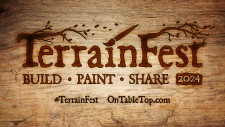






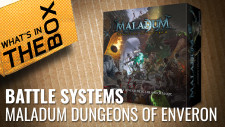




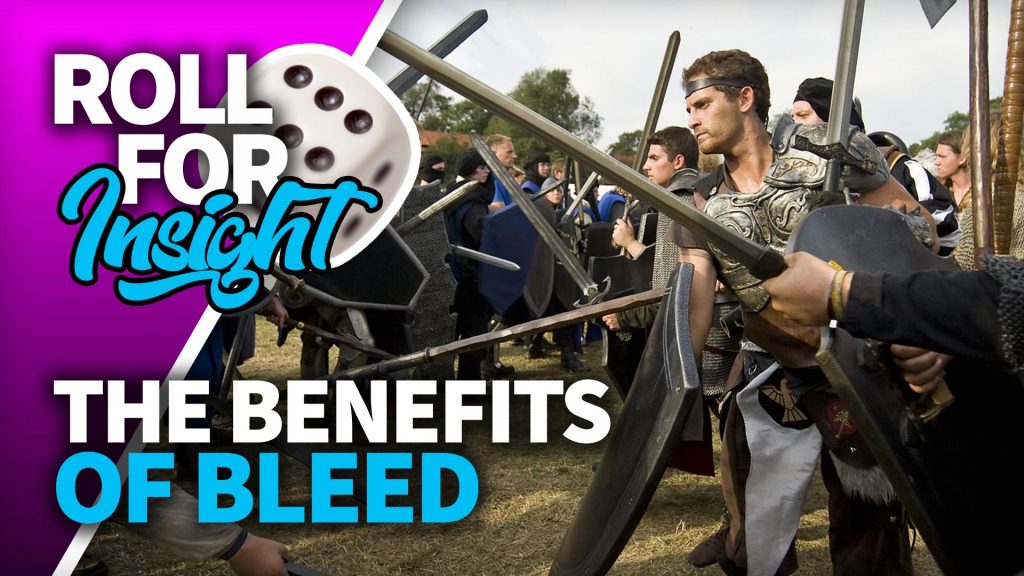
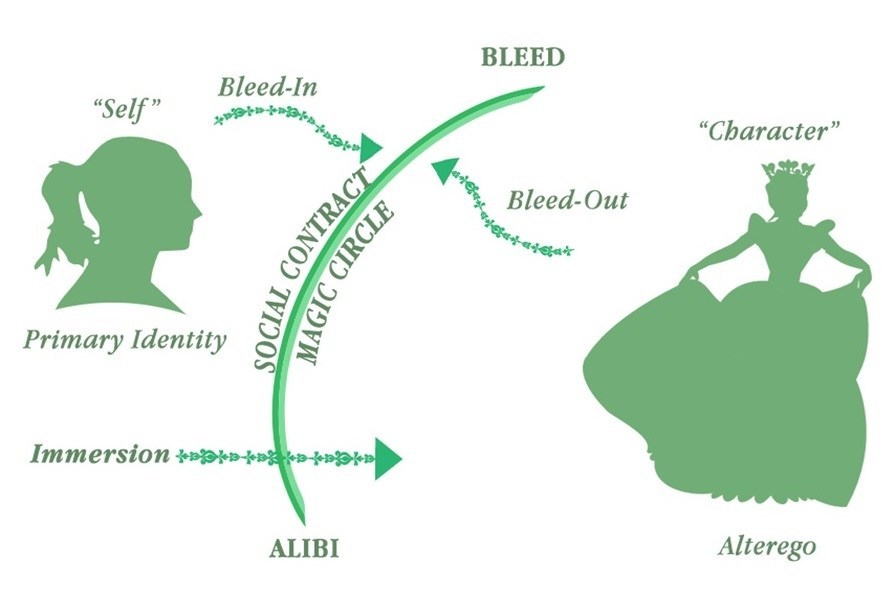









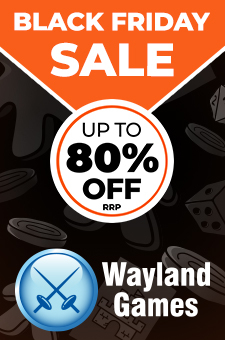
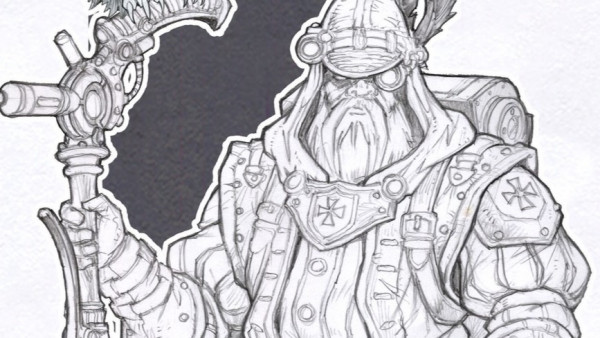

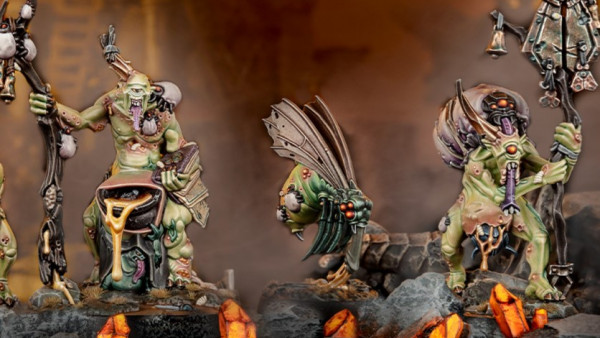
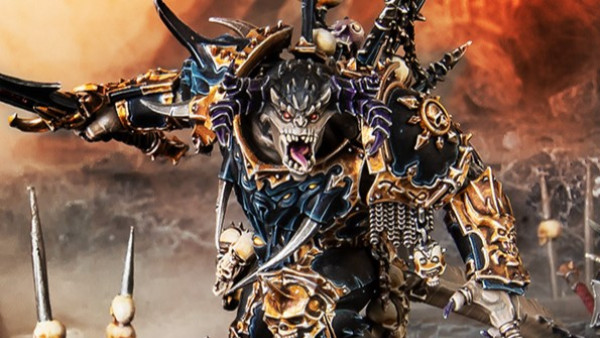

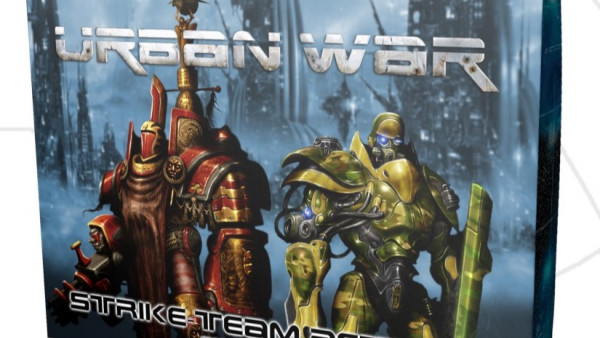
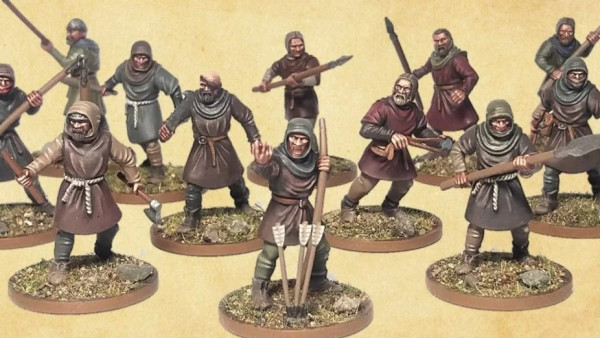
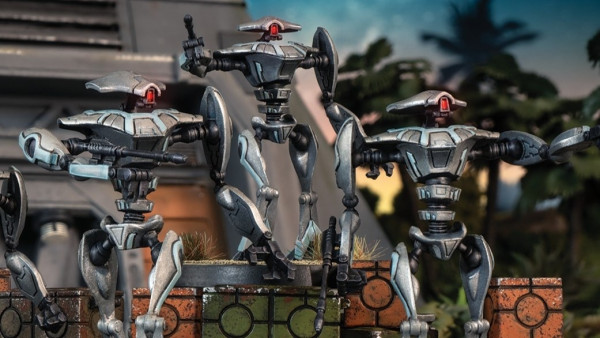
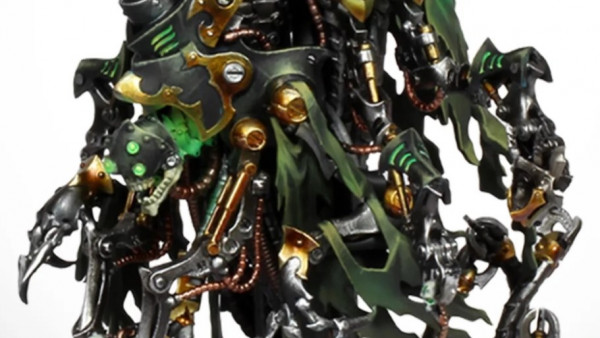

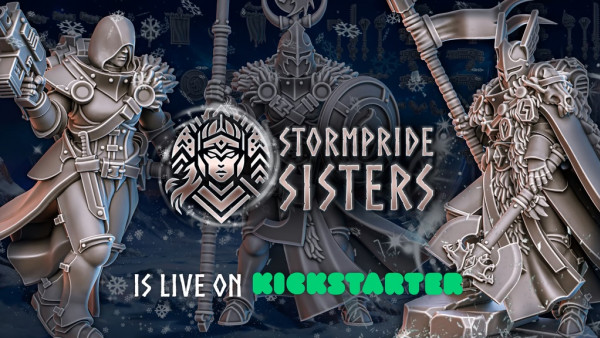
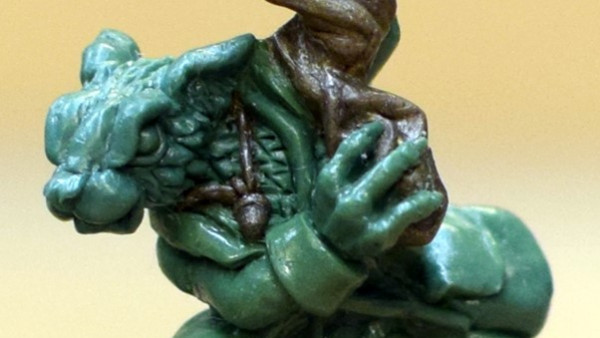
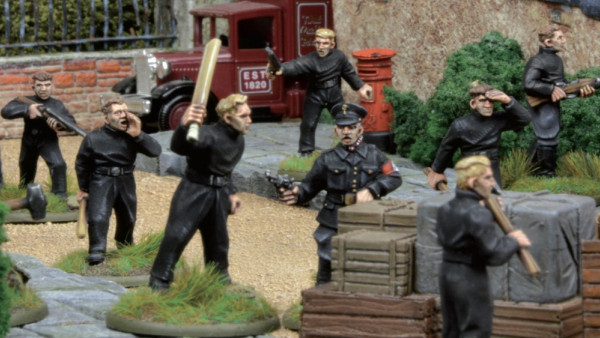

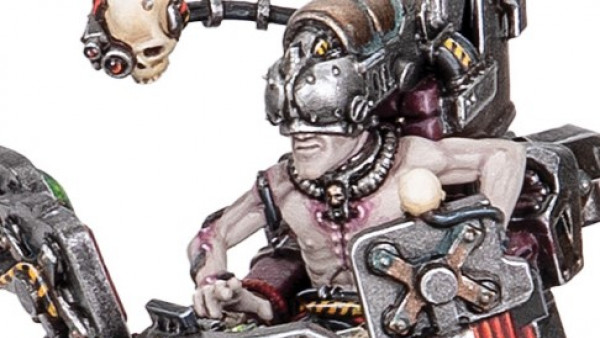
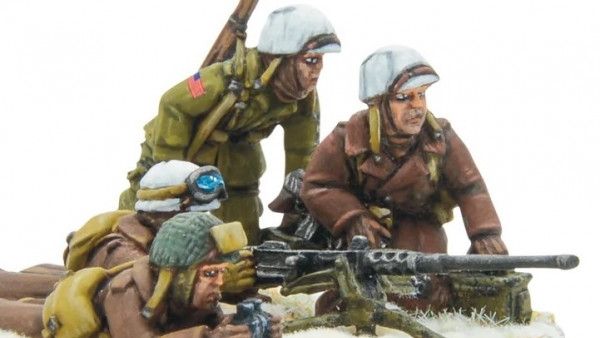
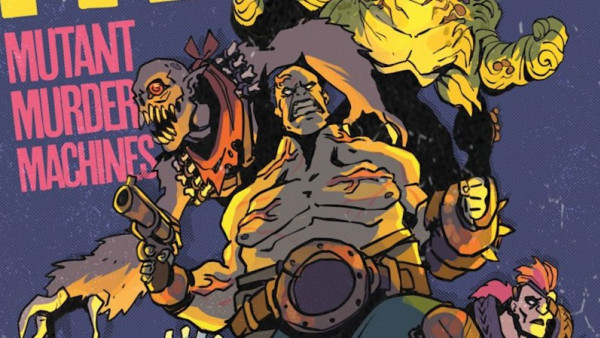
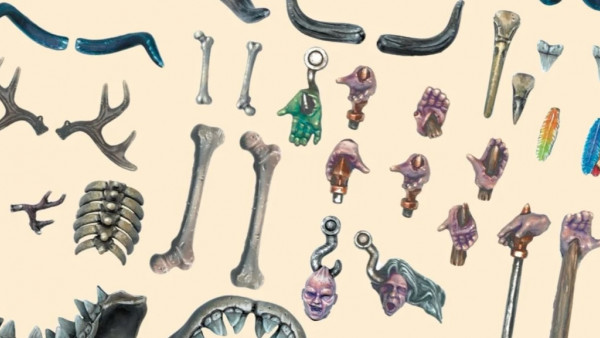


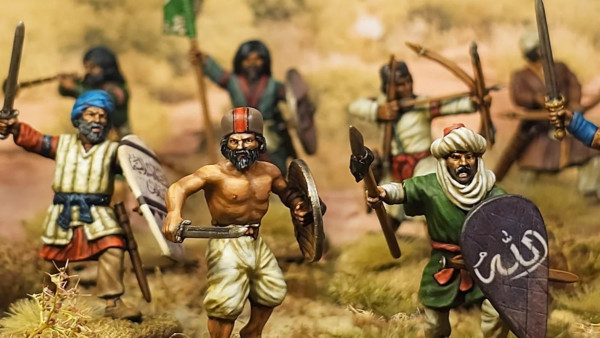

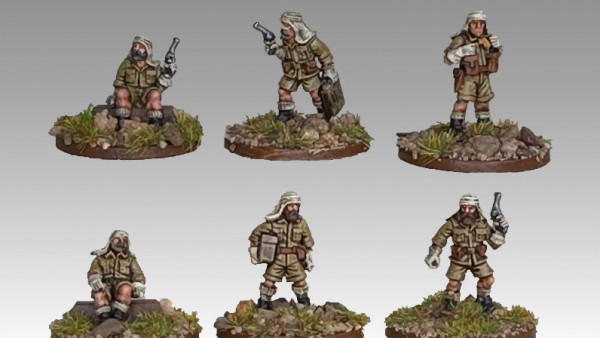

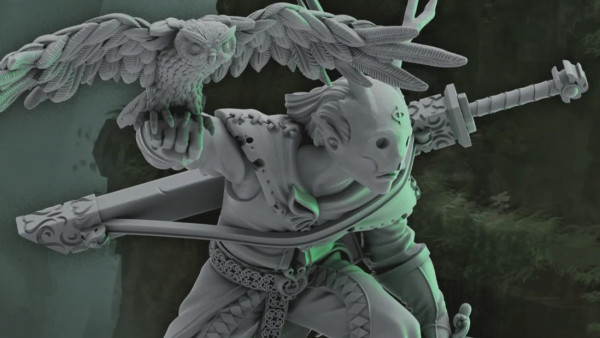
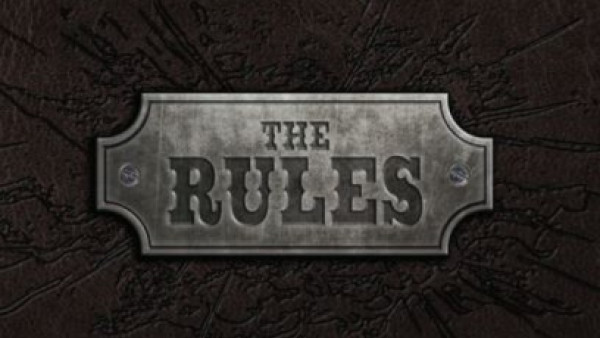
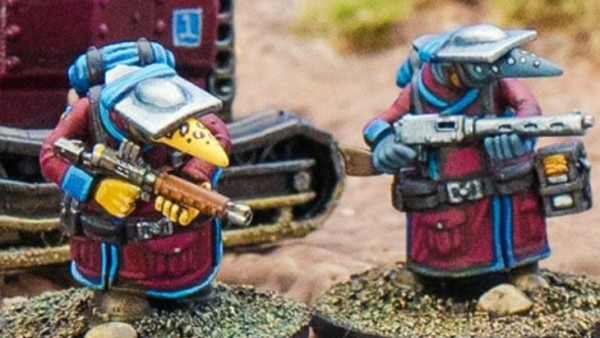
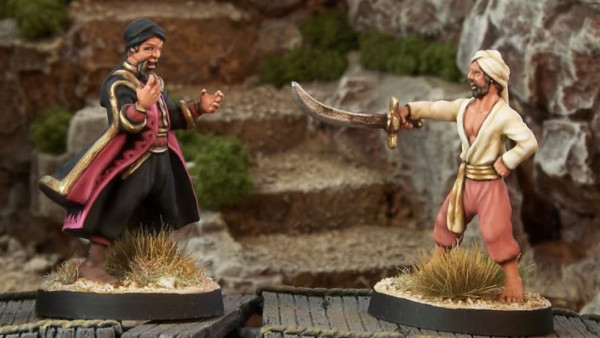
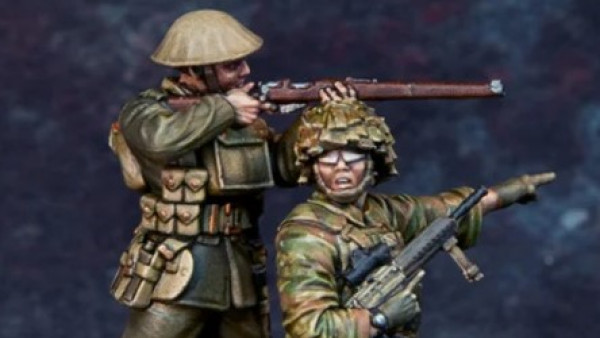
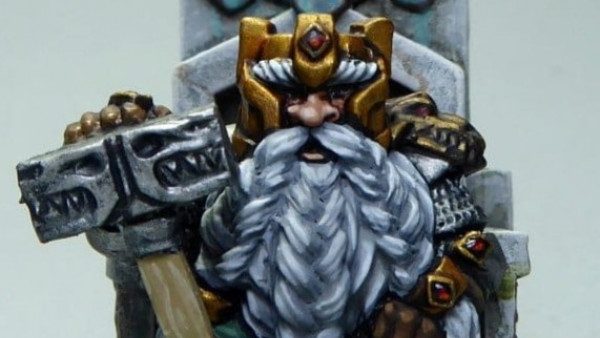


In a way this is the opposite of ‘bleed’, but related… One of the most frustrating thing for me as a GM is players isolating themselves from the character. Not everyone likes to ‘get in character’… some people just don’t function that way… and I don’t mind the ‘my character does this’ instead of ‘I do this’ approach… it’s not perfect, but it’s better than nothing. What does frustrate me is the ‘out of character’ comments… jokes at the expense of other characters or NPC’s… comments that take others out of the setting and disrupt play… but you threaten them… Read more »
“What does frustrate me is the ‘out of character’ comments… jokes at the expense of other characters or NPC’s… comments that take others out of the setting and disrupt play… but you threaten them with ‘what you say is what your character says’ and they get all defensive.”
I have to say this is the way we’ve played for 30 years. Taking the piss out of each other and talking about loads of outside game stuff during the game. I guess we’ve been in the same group that we know what is in game and out of games instinctively by now
Makes it impossible to play some RPG’s. Cthulhu for example.
We have limited game time and taking the piss can be done between games.
I would disagree but the beauty of RPG’s is there’s many way to play and have fun
great article 🙂
I never knew there was such a thing as ‘bleed’, but having it defined it all makes sense.
I guess the difference between ‘good’ and ‘bad’ bleed is not having it become too much.
I actually took up larping to try and encourage bleed. I suffer from anxiety and am playing a character who is supposed to be braver and more outspoken than I. It’s still early days yet, and I’m still trying to disassociate myself from Lord Bertrand, but I’ll get there. The system I play (Empire) has 10 nations each with their own brief. The nation I chose tend to be quite shouty and ourspoken, and Wear their hearts on their sleeves. Basically the complete opposite to myself, so I’m hoping a bit of the Dawnish rubs off. On top of that… Read more »
Really interesting article. I used to do a lot of live action RPGing 10-15 years ago (mostly Vampire and related games rather than combat camping weekend ones). I’ve not heard the term ‘bleed’ before, although it makes sense, and I recognise many of the themes in the article. I started LARPing without much enthusiasm and with a lot of nervousness because all my friends were doing it. It took my timidity with me and it was quite a long time before I was really able to throw myself into it. Helped in part by having my chacter killed by accident,… Read more »
That’s a fascinating article, thanks! I’m happy to finally be able to put a name to this phenomenon.